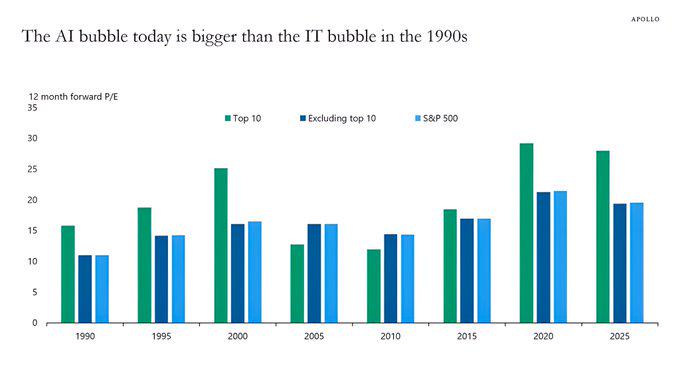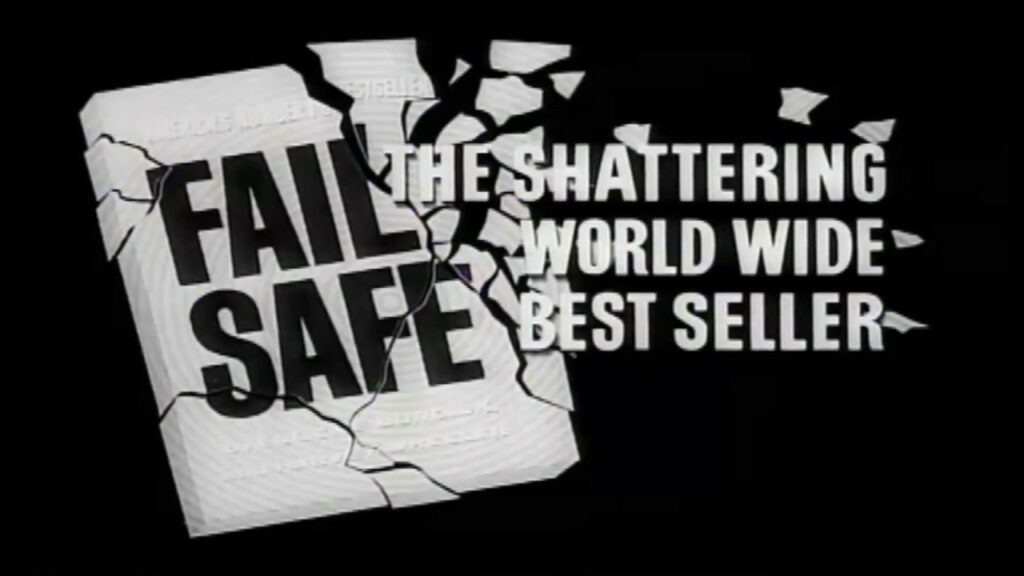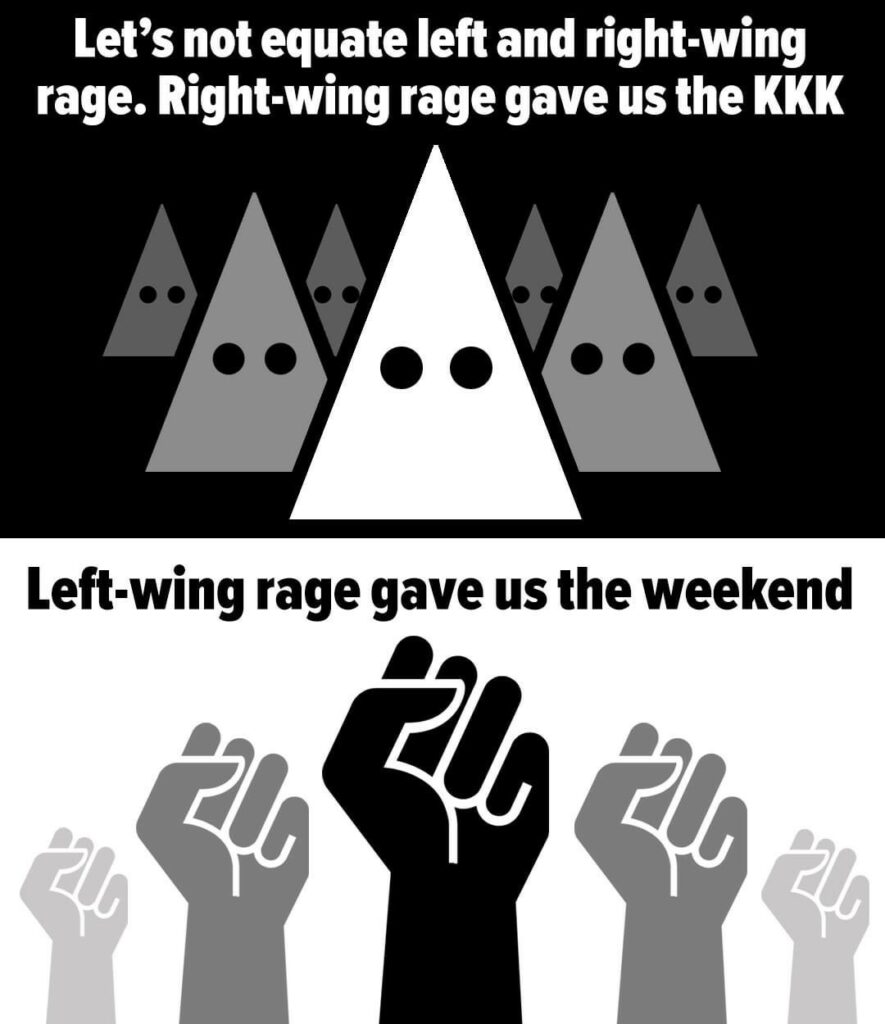
The path the #mainstreaming in tech is taking is clear. #AI is fashion, the valuations are absurd, the cost structures unsustainable, and the hype cycle feels like it’s already outpacing reality.
We’ve been here before, dot.com déjà vu. The #dotcons bubble of 2000 was built on fake demand and fantasy valuations. Venture capital flooded into half-baked platforms that promised to “reinvent” everything, while the effect was to hollow out and enclose the native #openweb. When the bubble burst, it wasn’t just investors who lost, the damage was social, cultural, and technological, it’s the mess we are in today.
The AI bubble, 2025 edition, we’re watching the same movie again, only bigger and nastier. This time, the hype engine is driven by press releases and corporate lobbying, amplified by blinded compliant media desperate to see the next miracle story. Every company claims they’re solving “the biggest problem” with AI. But lift the lid, the rhetoric, and what remains? Business models that don’t add value, expensive wrappers around existing tools. Unsustainable costs – GPU farms burning cash and carbon in equal measure. Speculation over substance, #nastyfew investors betting on domination rather than usefulness.
Why this round may be worse, at least the #dotcons bubble left some infrastructure we could build on: fibre, hosting, and the spread of the web itself. The #AI bubble looks different, as it centralises power even further in the hands of a few #dotcons. Accelerates #climatechaos through energy-intensive training runs and datacentre inflation. It undermines our flawed democracies, trust in media and knowledge with floods of synthetic content.
Instead of building open, federated, useful tools, we’re watching another round of #techshit enclosure, hype and money funnelling into projects that can’t last, but which will leave more #techshit scorched-earth legacy when they collapse. The #dotcons crash was messy, the AI crash could be toxic.

What can people do to walk away from this mess? How do you help with the #OMN and #4opens? The AI bubble shows what happens when tech is built on the normal hype, enclosure, and extraction on the #dotcons path. The #OMN is the opposite of this. It’s about building trust-based, federated networks where media, knowledge, and tools aren’t just another asset class to be bought and sold. The #4opens are the activist #FOSS antidote to bubble logic:
- Open Data – No black boxes. If #AI is going to be part of any future, the training data, biases, and methods must be transparent, not locked up by Google, OpenAI, or Microsoft.
- Open Code – Instead of closed, centralised data sets and platforms that extract rent, we need free/libre code anyone can run, fork, and improve.
- Open Standards – The current AI mess is about silos and monopolies. Federated standards (like ActivityPub for social) are how we work to keep diversity alive and break enclosure.
- Open Process – The opposite of corporate secrecy and hype. Decisions need to be made in the open, accountable to communities, not hidden boardrooms or PR cycles.
The #AI bubble is the normal every day #deathcult logic of the #dotcons playing out again: extract, enclose, collapse, repeat. The #OMN and #4opens give us a way to compost this mess into something more fertile. From enclosure → to federation. From secrecy → to openness. From hype cycles → to slow, messy, sustainable growth.
If we don’t actively build and defend this needed native path, we’ll be left cleaning up another round of collapse, only this time with more concentration of power, more environmental damage, and a deeper erosion of trust. The choice is simple: do we keep betting on bubbles, or do we build commons?
And the path is #KISS, so people please don’t be a prat about this, thanks.













